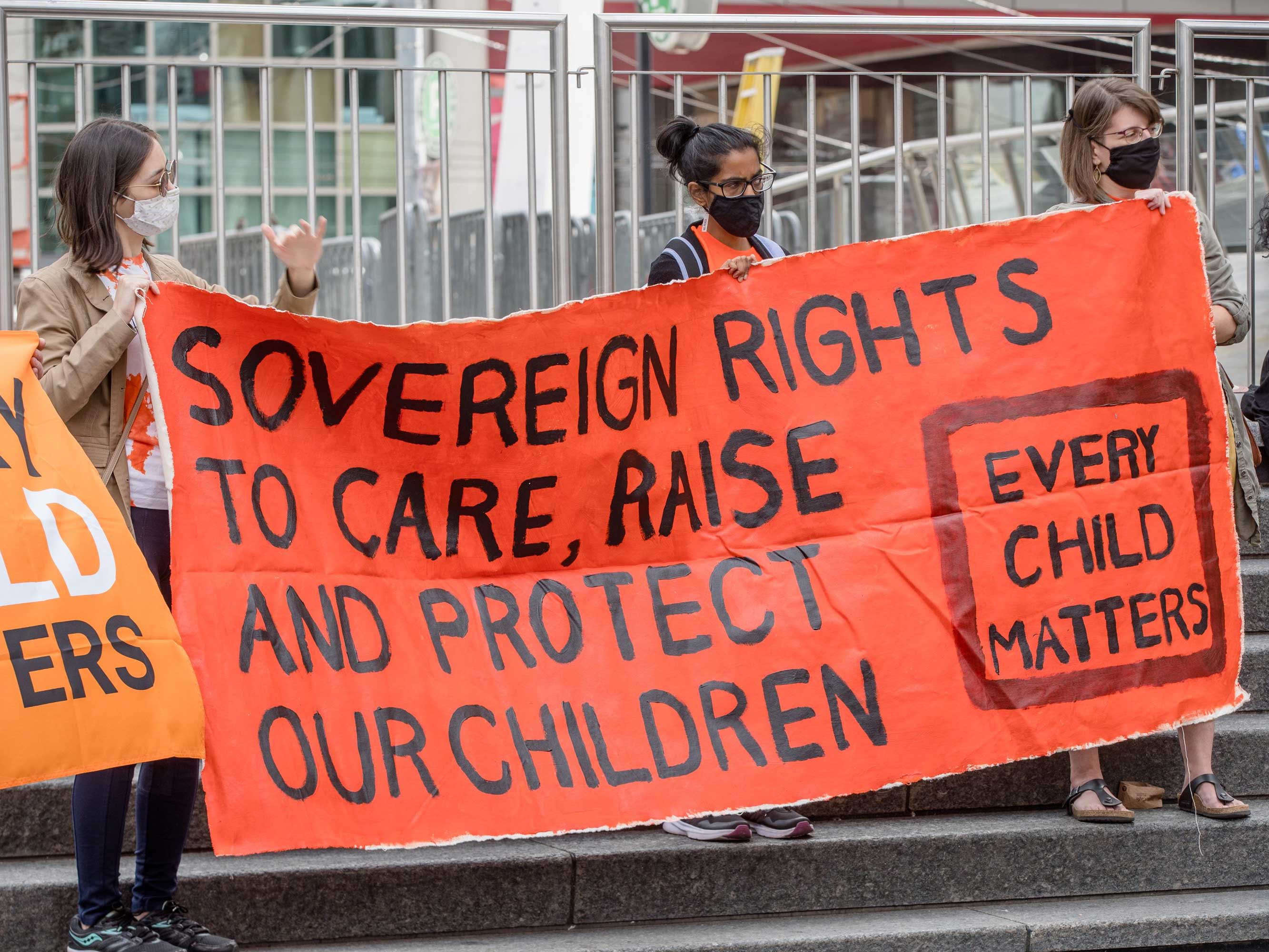There is a lot of misinformation circulating about this month’s Supreme Court decision on the federal government’s Indigenous child welfare law.
The decision is a huge victory. It confirms Indigenous peoples can use a legal tool offered to them by the federal government to protect their children. Consequently, its importance can’t be overemphasized.
At the same time, on the wider issue of Indigenous self-government rights, it is not the victory some people are saying it is.
The court did not confirm an Indigenous right to self-government protected by Section 35 of the Constitution.
It acknowledged the federal government’s child welfare law recognizes such a right, and this would be influential in any further court case raising the issue, but it didn’t have to make a decision on the question at this time.
Instead, the Court confirmed the federal government’s power to make laws that go to the ‘core’ of Indigenous peoples’ lives, including Indigenous child welfare.
Also, the Court decided that as part of exercising its authority over Indigenous people, the federal government could incorporate into federal law the laws written by Indigenous people — Indigenous laws could apply as if the federal government had written them.
Consequently, while the court left open the possibility that Indigenous people have self-government rights protected under Section 35 of the Constitution, it did not decide that Indigenous child welfare laws apply based on Indigenous peoples’ inherent law-making authority.
Instead, the court said these laws apply based on the federal government’s law-making authority over Indigenous people.
The effect of the decision is to uphold the federal government’s right to provide Indigenous people with a legal tool to enforce their laws to protect Indigenous children.
While the practical effect of the decision is a success for Indigenous people, the Supreme Court’s reasoning is deeply disturbing.
Indigenous people urged the court to uphold the child welfare law based on Indigenous peoples’ inherent jurisdiction to pass laws to protect their children. While the Court did not reject these arguments, neither did it accept them.
Instead, its decision is grounded in the longstanding, colonial legal principle that the federal government has the authority to pass laws that go to the very core of Indigenous peoples’ lives, culture and identity — the same principle used to enforce Canada’s past and current anti-Indigenous genocidal laws and policies.
I celebrate Indigenous peoples’ use of the federal child welfare law to protect their children.
I shudder, and hold my children close, when I consider that this protection will be exercised through the federal government’s authority over Indigenous people. ![]()
Read more: Indigenous, Rights + Justice

















Tyee Commenting Guidelines
Comments that violate guidelines risk being deleted, and violations may result in a temporary or permanent user ban. Maintain the spirit of good conversation to stay in the discussion and be patient with moderators. Comments are reviewed regularly but not in real time.
Do:
Do not: